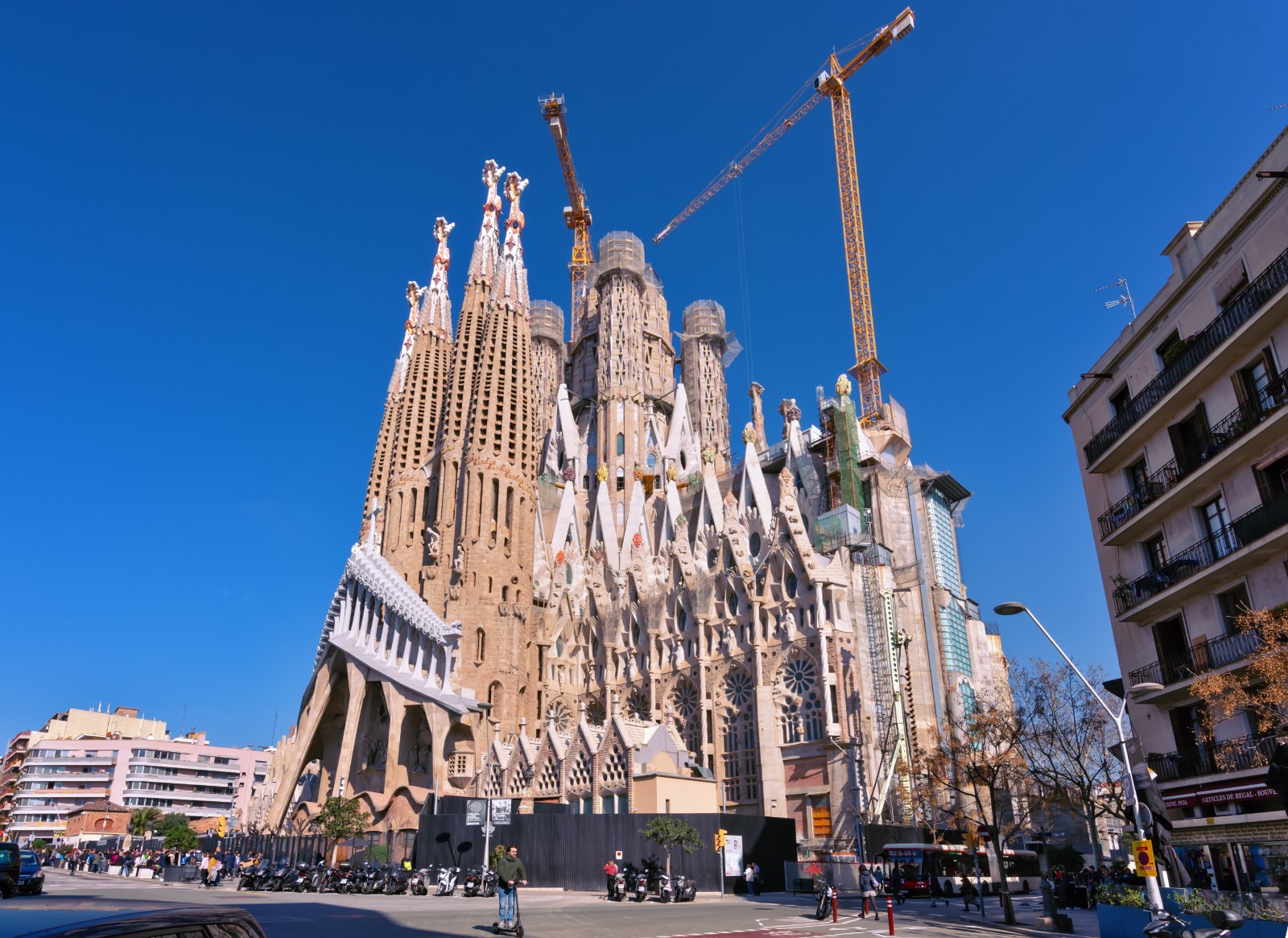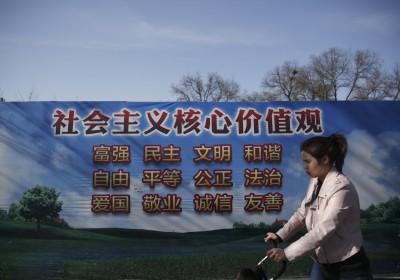
The forgotten importance of slightly useless people. (註 1)
Efficiency is indubitably the virtue the job market in all fields is after, perhaps now more than ever, perhaps it has in principle always been this way.
In practice, however, with the great increase in offer of skilled workers a society with more college and university graduates than ever before brings, clients and employers have the opportunity to pursue efficiency more than ever.(註 2)
There are, of course, fields where this is indubitably(註 3)in everyone’s interest.
Unfortunately, the trend is also spilling over to other fields that were previously exempt from imperious demands of efficiency.
The fields in question are those that rely the most — or at least, used to — on individual creativity.(註 4)Academics, artists, architects, authors are therefore in the lens of this revolution.
In academia the “publish or perish” mentality is taken for granted, and all researchers duly submit their minimum three yearly articles. Musicians of all genres are often exhausted by the hundreds of concerts a year, scattered around the globe, their management requires them to perform.(註 5)
Designers, for fashion and architecture alike, are for the most confined to schedules that only consider the time of crafting the models and plans — not of thinking them up. ‘Good’ authors write a book a year, good journalists multiple articles a month.
Gone are the days when L. Wittgenstein could keep his tenure at Cambridge publishing but one short book in his whole career, A. B. Michelangeli or Glenn Gould could cancel more concerts than they’d play at, Gaudì could take decades to complete his projects, and Hugo or Joyce could take years and years for their novels.(註 6)
They would be with all likelihood supplanted by someone with fewer whims and eccentricities and who always delivers decent work on time.
In principle that might look good: the world is becoming more efficient, what’s not to like? The trouble is that there is a chance that the creative genius that those who wish to excel in such areas must exhibit, is indissolubly tied to a mindset that is somewhat disorganised.
That, then, a tidy and conscientious mind employers and clients hope for, might after all be prevented by its precision from going off the trodden trail and discover the new, while the power to create something truly original might necessarily come from a person that, in the practical terms, is slightly more useless.
陶傑點評
在工商管理和 IT 佔主導的 21 世紀生產力社會,一切追求「效率」。在「效率」主義主導之下,還有沒有文化藝術?
作者讀哲學,對於這個問題,自然有較敏感的觀察。
1.
- 此句間接引用喜劇作家王爾德的戲劇名稱 The Importance Of Being Earnest。略一改動變成:「稍為無用的人被忘卻了的重要性」。翻譯成中文未免囉唆,在英文裡,這種名詞的組合卻有某種俏皮。
2.
- 本來就業市場對大學畢業生的要求,就是要有工作效率,今日高科技世代更是如此。
3.
- Indubitably(不可置疑地):這個字在第一段用過了一次,同文內最好不要重複,改為 Undoubtedly 或會更佳。
4.
- 個人創作應該不受「效率」規限:畫家、建築師、作家,包括學者,往往慢工出細貨。歐洲許多城市的一座哥德式教堂,要花 2、300 年才能建造完成。作者質疑,在效率至上的世代,一個社會還剩下幾多「人文精神」?
5.
- 若對一名演奏家追求效率,他一年巡迴演出一兩百場,會耗盡精力。第 1 、2 場的表現可能最好,到第 8、90 場,還能維持嗎?這一點,張學友演唱會巡迴在中國大陸演出 30 場,各城市的歌迷似乎從來沒有考慮過。
6.
- 對於大學教授,學術著作和期刊發表的論文,更是一大要求。所謂的「不出蛋,就滾蛋」(Publish Or Perish)形成對學者發表論文重量不重質的壓力。作者問:巴塞隆拿中,西班牙建築怪傑高迪的建築作品,至死尚未完成;哲學家維根斯坦只憑一本巨著就取得劍橋的終身教席,以今日的標準如何能夠解釋?
因此,效率愈高,這個世界是否愈進步?
陶傑英文遊花園
香港和台灣,面臨世紀的變局。海外華人居住西方國家,也數目龐大。如何提升英文程度,克服文化隔閡,加強英文能力,在亂世中至關重要。
許多華人都有合理的職業或專業的英文程度,但如何在原有的中學文法訓練基礎之上,探討高層次的英語文化和表達方式,以備融入英語世界主流社會?
本欄介紹評析欣賞英文的寫作細節,分享經驗,歡迎提出不同的評析角度和心得。














